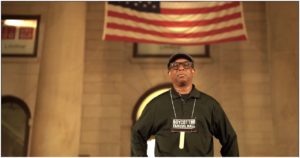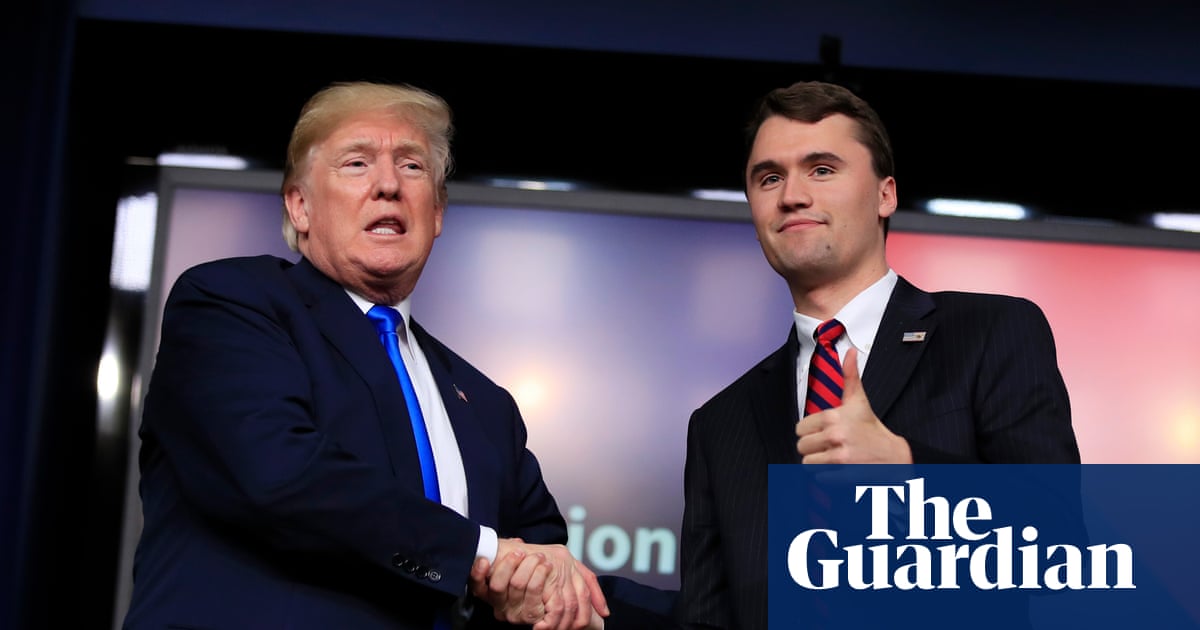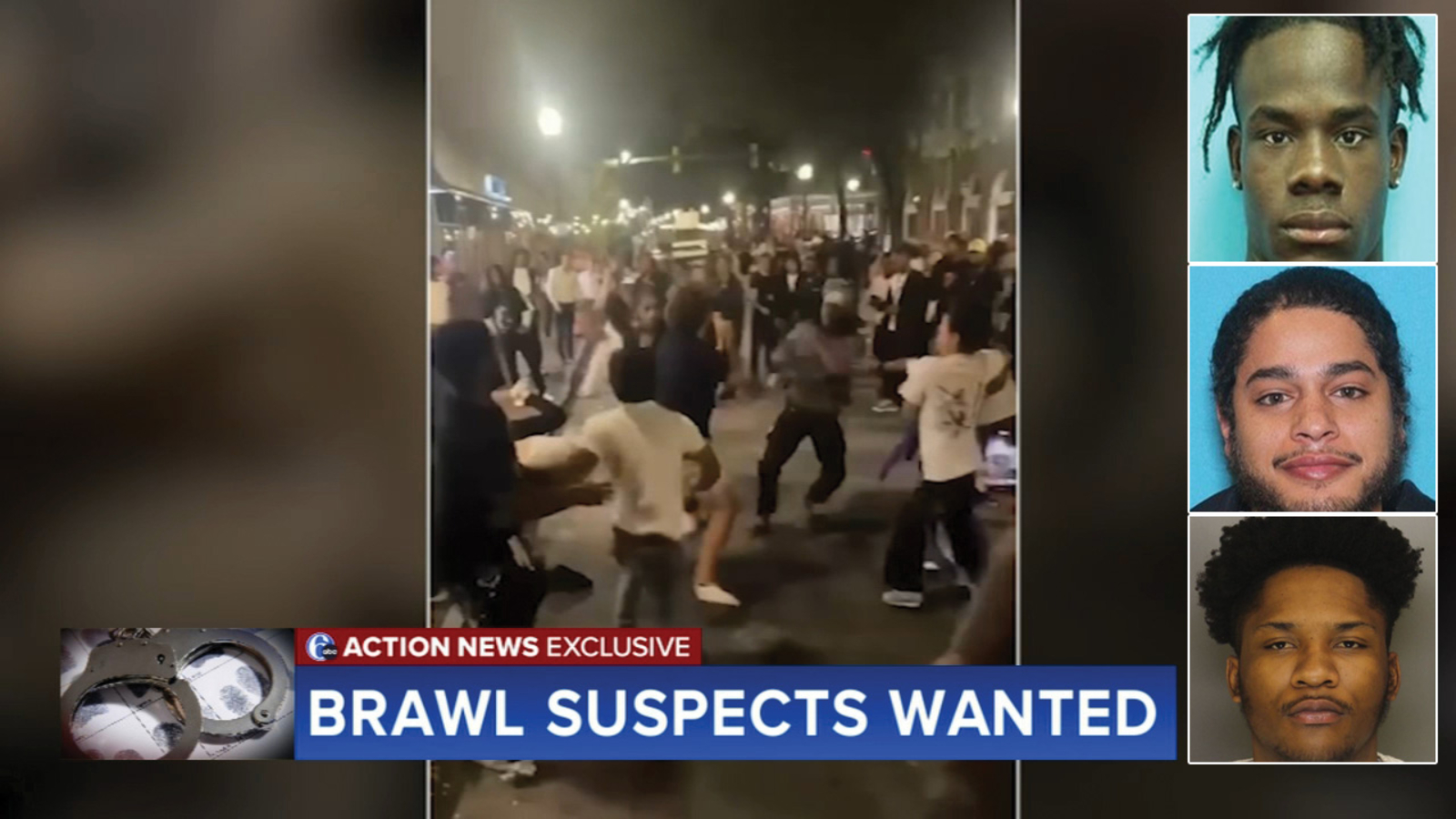During the meeting, Acting U.S. Permanent Representative to the OAS Lee Lipton discussed the initiative, including a proposed UN support office in Port-au-Prince to manage logistics, drone surveillance, fuel and rations.
The MSS, deployed since June 2024, was authorized by the UN Security Council in October 2023 to bolster the Haitian National Police (PNH). But it has faced chronic underfunding, personnel shortages and mounting criticism from Haitians who say it has failed to curb gang dominance.
According to the draft resolution submitted by the U.S. and Panama on Aug. 28, the proposed GSF would be managed by a UN support office to avoid the same funding pitfalls. Meanwhile, as the MSS’ future remains uncertain, it is unclear whether Kenya and other troop-contributing nations would remain part of the new force.
U.S. Acting Ambassador to the UN Dorothy Shea urged member states to join the effort. “To sit at the negotiating table and join the United States, Panama, and other countries that have demonstrated their commitment to Haiti’s security … is a meaningful sharing of responsibilities to help stabilize the country,” she said.
Arms trafficking crackdown as Haiti’s crisis deepens
Even as it lobbies for the GSF, Washington is turning its attention to the weapons pipeline feeding Haiti’s gangs. On Sept. 4, U.S. Secretary of State Marco Rubio, speaking alongside Mexican Foreign Minister Juan Ramón de la Fuente, announced measures to stop arms trafficking to Haiti, Jamaica, Trinidad and Tobago and other Caribbean nations. The plan will mobilize the Federal Bureau of Investigation (FBI) and the Bureau of Alcohol, Tobacco, Firearms (ATF) to disrupt smuggling networks.
The crackdown follows UN reports that gangs in Haiti are increasingly equipped with high-caliber rifles, sniper systems, and machine guns, many smuggled from the United States. UN human rights expert William O’Neill warned in April that these weapons, often capable of piercing armored vehicles, give gangs a decisive advantage over Haitian police.
U.S. courts have recently sentenced several traffickers, including Jean Wiltene Eugene, who shipped firearms hidden in vehicles, and Michael Adrian Nieto, a former police officer convicted of reselling dozens of weapons to Haitian and Dominican buyers. Haitian American Bazile Richardson from North Carolina was also charged for allegedly financing Jimmy “Barbecue” Chérizier’s gang,
The violence continues to exact a staggering toll. Between January and June 2025, more than 3,100 people were killed and 1.3 million displaced, according to the UN Integrated Office in Haiti (BINUH). Gangs now control swathes of Port-au-Prince at about 90% and at least 28 municipalities nationwide, where they have committed massacres, mass sexual violence and widespread extortion.
“The gangs use firearms not only to fight the police but to dominate entire communities and commit human rights violations,” O’Neill said.
Meanwhile, as the U.S. works to gather support for the GSF, no date has been set for the UN Security Council to discuss the resolution. Officials are stepping up diplomatic efforts as the UN General Assembly session begins. However, it remains uncertain whether China and Russia will vote in favor of that resolution. Past attempts by the U.S. and its Latin American allies to turn the MSS into a full UN mission have failed because of opposition from these two key countries at the Security Council.
Haiti’s future with the MSS or a successor force remains unresolved, even as the country’s security, humanitarian and political crises continue to deepen.
Fritz Alphonse Jean, former president of Haiti’s Transitional Presidential Council (CPT), accused segments of the private sector of continuing to fuel the insecurity crisis in an Aug. 5 interview.
“They have used young people as cannon fodder to protect their interests,” Jean said. “These youths have become gangs serving personal agendas.”







